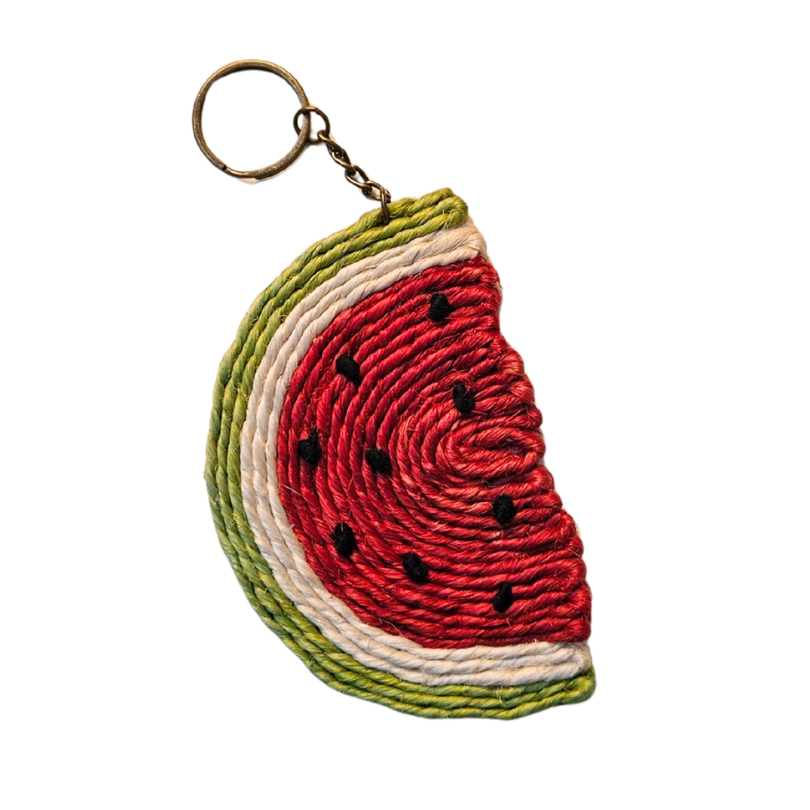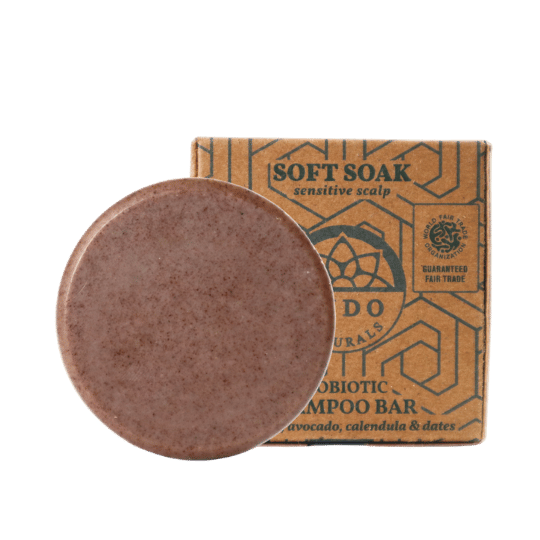The Story of Our Hemp Bags
- Indo Naturals

- Apr 19, 2023
- 6 min read
Updated: Apr 21, 2023
Ditching plastic bags is by many used as one of the first steps to reducing plastic. Plastic bags are often replaced by cotton bags and nets, which is a good way to ditch plastic. However, the soft and familiar cotton is not as friendly to the planet as one might think. The production of cotton has skyrocketed in the last centuries, and we now find it in most textile products. Similar to palm oil, a balanced production might have been sustainable, however, the wide use of cotton in so many products creates concerns about the ecological impact of this industry.
Cotton is a slow-growing, fragile plant, that needs a lot of water, space, and often pesticides to grow. Diversifying our textile use to other materials is not only a sustainable choice, but other textiles also give us better qualities and functionalities in many products compared to using cotton or petroleum-based textiles for nearly every textile.
That's why we ventured out into the very complex and non-transparent textile industry with the goal of creating various natural fiber reusable bags to replace plastic and challenge the use of cotton. With our strict standards on fair trade and environmental impact, it's been a rocky road. The end products are however something we are very proud of. Our 100% hemp bags are truly unique in every aspect.
Product Development
Developing new products with high social and environmental standards and restrictions is challenging. As a small startup company, we did not have the resources to develop the bags we were dreaming of. Luckily at the start of 2020, we received funding from Handelens Miljøfond to develop a natural fiber alternative to various plastic bags used in everyday life. We started doing focus groups, interviews, and eventually we carefully stepped into the textile industry. Not long after, Covid-19 hit and it was all made much more difficult. During the following months, little could be done to find production partners, so we chose to focus on optimizing our designs.
As covid-19 started to tone down, we scouted for transparent, ethical production partners in rural India. Little by little, we found the right partners, sharing our goal of contributing to rural development and employment opportunities for marginalized groups. After carefully researching natural materials options we were confident that hemp textile was the right choice, and tailoring the bags in the Himalayas where there is a strong hemp tradition was the perfect way to contribute to the local community and development of rural Himalayan hemp industry.
Raw material
Our bags are fabricated with 100% hemp textile giving the maximum effect of the many benefits that hemp textile offers.
Hemp is a native plant in the Himalayan region, where it was historically cultivated as a useful, easy-to-grow plant for various purposes, as well as a way to restore degraded farmland. However, following the legalization of cannabis spreading around the world in the 20th century, hemp was effectively criminalized due to its resemblance to marijuana. As a result, farming officially died out, leaving Himalayan farmers unable to reek many social and environmental benefits of hemp cultivation.
Hemp is one of the most sustainable and versatile crops on earth, making it an important contributor to global sustainable development. When comparing textiles hemp is much superior to cotton in environmental impact. So when harvested in rural areas hemp can give a high expected income for many independent farmers as the inputs for hemp cultivation and risks associated with this crop is small. In addition, hemp textile as a material offers many benefits you do not get with cotton, and certainly not with petroleum-based textiles such as polyester.
Farming is the major occupation in the Himalayan region. However, with new roads being built, farming has become increasingly more difficult in the Himalayas as herbivore animal habitats have now been infiltrated and these animals feed on crops, damaging farmers. Furthermore, competition from larger productive plantations on the flatlands has made farming unprofitable for many. Relocating to the cities is often a way out of this growing rural poverty. But relocation doesn't favor people's connection with nature, cultural values, family togetherness or organic farming. Hemp is a potential solution to challenges faced by Himalayan communities since hemp farming represents an untapped, major potential for farmers as it grows in high yields and is resilient to pests and animals. We strive to support that development and we believe that hemp can be an important contributor to reaching the UN Sustainable Development goals globally.
In 2017 hemp farming was legalized in India under a licensing scheme. Our hemp partner is one of few with a license to grow hemp and works actively to promote hemp farming. Our partner uses the license as a tool to contribute to rural development by supporting small farming communities in getting back to their hemp roots.
Production
Our bags are tailored in the Himalayan hills of Uttarakhand in India by people from the village communities. Setting up and operating a tailoring unit out of the Himalayan hills is not an easy task. However, by working with Himalayan communities in hemp farming and rural hemp textile tailoring, the producer seeks to create a long-term, sustainable community-wide growth and support initiative.
Our tailoring partners' operations comprise of small social tailoring as well as tailoring clusters in the villages around the area. This cluster of units provide training and labor opportunities mainly to women in the region. Creating these opportunities support reduced rural poverty, reverse migration, and enable entire families to thrive in their home villages living in a clean and natural environment while sticking to their traditions and culture.
ENVIRONMENTAL IMPACT
By promoting the use of hemp our producer contributes to combating the negative environmental impact of plastic waste and mass-produced cotton, reducing plastic pollution, but also deforestation as a result of the cotton industry, and the restoration of barren and abandoned land.
UN Sustainable Development goal

By promoting hemp as an alternative to plastic and cotton, plastic waste is reduced and a large amount of water is saved for each bag if compared to the cotton alternative contributing to target 6.4 "By 2030, substantially increase water-use efficiency across all sectors and ensure sustainable withdrawals and supply of freshwater to address water scarcity and substantially reduce the number of people suffering from water scarcity"

Through hemp cultivation soil stability and quality is improved and large amounts of CO2 is offset, compared to other alternative textiles contributing to target 12.2; "achieve the sustainable management and efficient use of natural resources"
SOCIAL IMPACT
Promoting hemp farming, and helping small and marginalized farmers grow hemp contributes to increased expected income for farmers as hemp crop is not vulnerable to pesticides and wild animals and is a low-risk crop that requires little input(costs) from the farmers. By training and providing work to the local population, mainly women, labor opportunities are created in an area where it can be difficult to find employment outside of seasonal farming.
UN Sustainable Development Goal

By contributing to providing livelihoods to the local population and increasing their job prospects, this project contributes to target 8.5; "achieve full and productive employment and decent work for all women and men, including for young people and persons with disabilities, and equal pay for work of equal value". By supporting the sustainable development of small-scale independent hemp farming practices the products contribute to target 8.2; "Achieve higher levels of economic productivity through diversification and innovation with a focus on high-value-added and labor-intensive sectors."
CO2 MEASURING & OFFSETTING
We strive to minimize Co2 emissions from our supply chain. Starting with the choice of raw materials, paying attention to design, and partnering up with producers that share our Co2 minimizing intentions. We estimate the emissions from the whole supply chain and neutralize what we cannot currently avoid by partnering with smaller independent farmers, giving them fruit trees that they plant and care for, resulting in both yearly CO2 offsetting and income opportunities for the farmers when selling the fruit.

"I tested the sample of this bag for a couple of months before we started making them. I absolutely love how easy this bag made life when on the move with a little more than what fits a tote bag. From going on trips, carrying groceries or even pick-nick in the park, it just made life easier" - Fredrik, CEO, and Founder.



























































